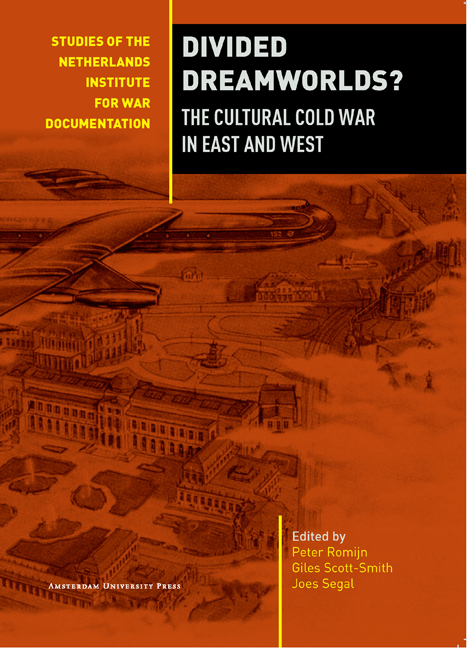Chapter 2 - Biological Utopias East and West: —Trofim D. Lysenko and His Critics
Published online by Cambridge University Press: 02 February 2021
Summary
The vaskhnil Session
On 7 August 1948, at the end of a week-long session of the Lenin All-Union Academy of Agricultural Sciences (VASKHNIL) at the Academy of Sciences in Moscow, Trofim D. Lysenko delivered what has been described as ‘the most chilling passage in all the literature of Twentieth Century science’: ‘The Central Committee of the Party has examined my report and approved it.’ Lysenko was a self-styled biologist who had come to prominence in the Soviet Union as the foremost proponent of Lamarckism as a scientific explanation for evolution. His successful campaign against genetics was initially regarded in the West as the most disastrous example of the deleterious impact of Marxism upon natural sciences in the Soviet Union, and subsequently the rest of the Communist Bloc as well. However, as I will show, the Lysenko affair is better understood as the product of hopes for the achievement of biological utopias in both the East and the West during the Cold War.
The proceedings of the VASKHNIL conference were translated into English and published in the West by the Foreign Language Publishing House in Moscow. The text of the ‘discussion’ on the ‘situation in biological science’ displayed the central concepts of Lysenko's theories, as well as the style of rhetoric and argumentation favoured by Lysenko and his followers. The variety of methods Lysenko formulated to transform nature and increase agricultural production in the Soviet Union were dubbed ‘Michurinism’. Ivan Michurin was a plant breeder who had been celebrated by the Bolsheviks as a model peasant scientist, tirelessly devoted to the production of improved varieties of agricultural products. Though during his lifetime Michurin had rejected Lysenko's attempts to meet with him, Lysenko claimed to be Michurin's heir and enlisted the term ‘Michurin science’ against geneticists to set up a dichotomy between the achievement of practical results, versus the pursuit of answers to theoretical questions. For example, the fact that the fruit fly, Drosophila melanogaster, had been the focus of genetic research inspired the accusation that geneticists were ‘fly lovers and people haters’ – bourgeois elitists who refused to acknowledge that science must serve the state.
- Type
- Chapter
- Information
- Divided Dreamworlds?The Cultural Cold War in East and West, pp. 33 - 52Publisher: Amsterdam University PressPrint publication year: 2012



